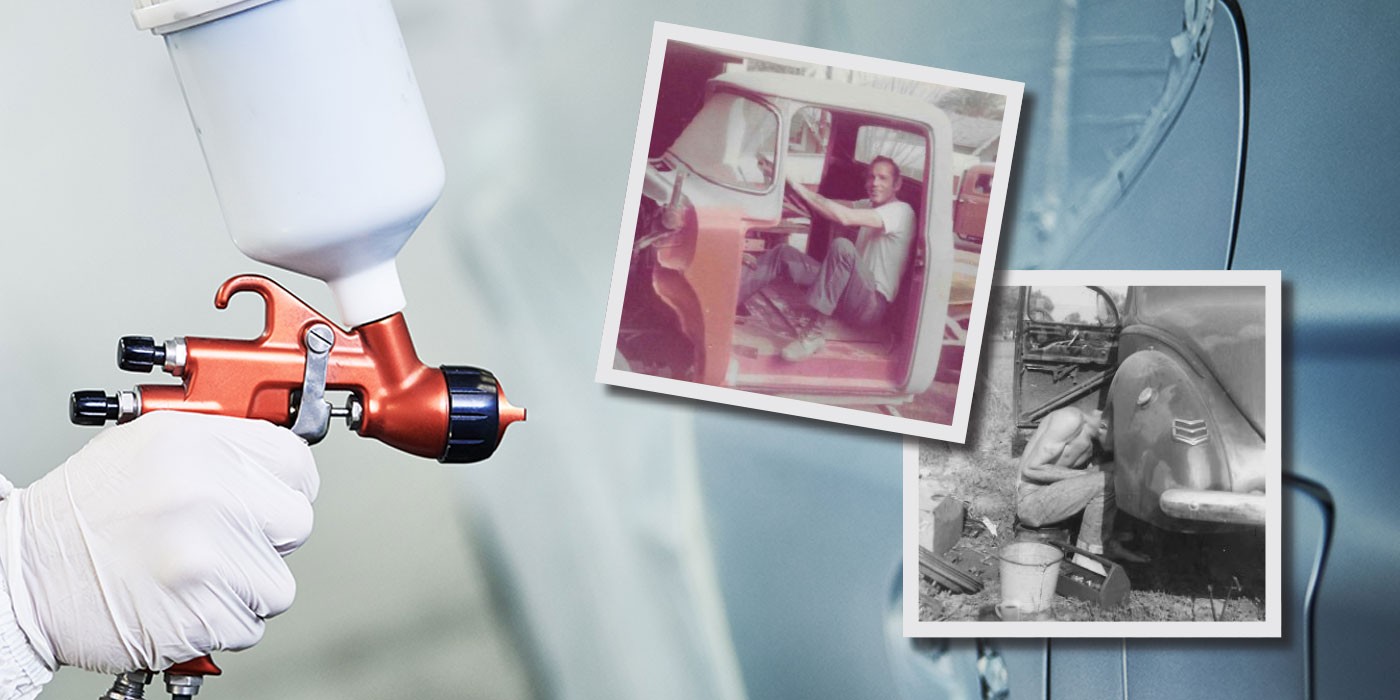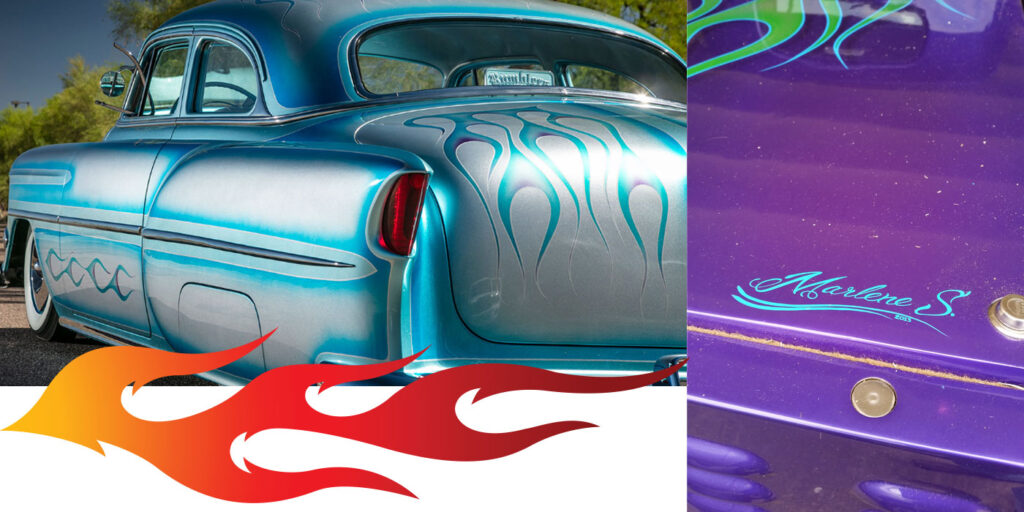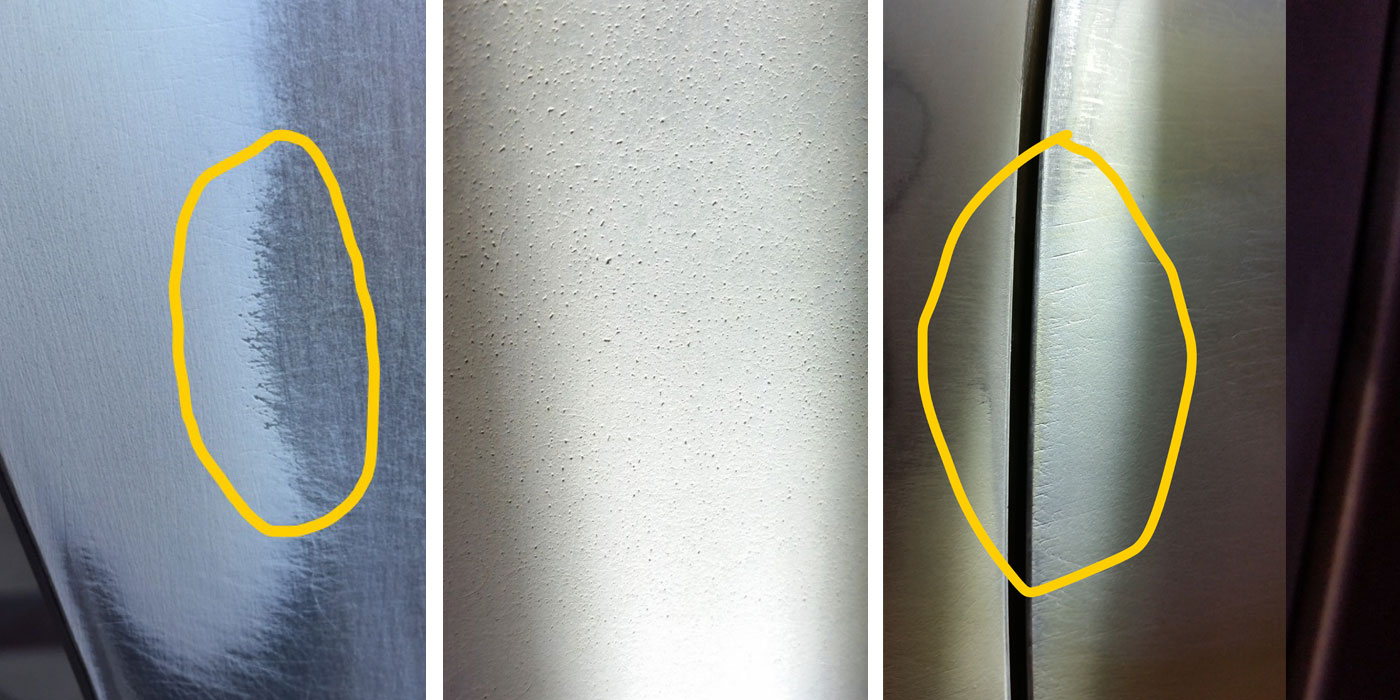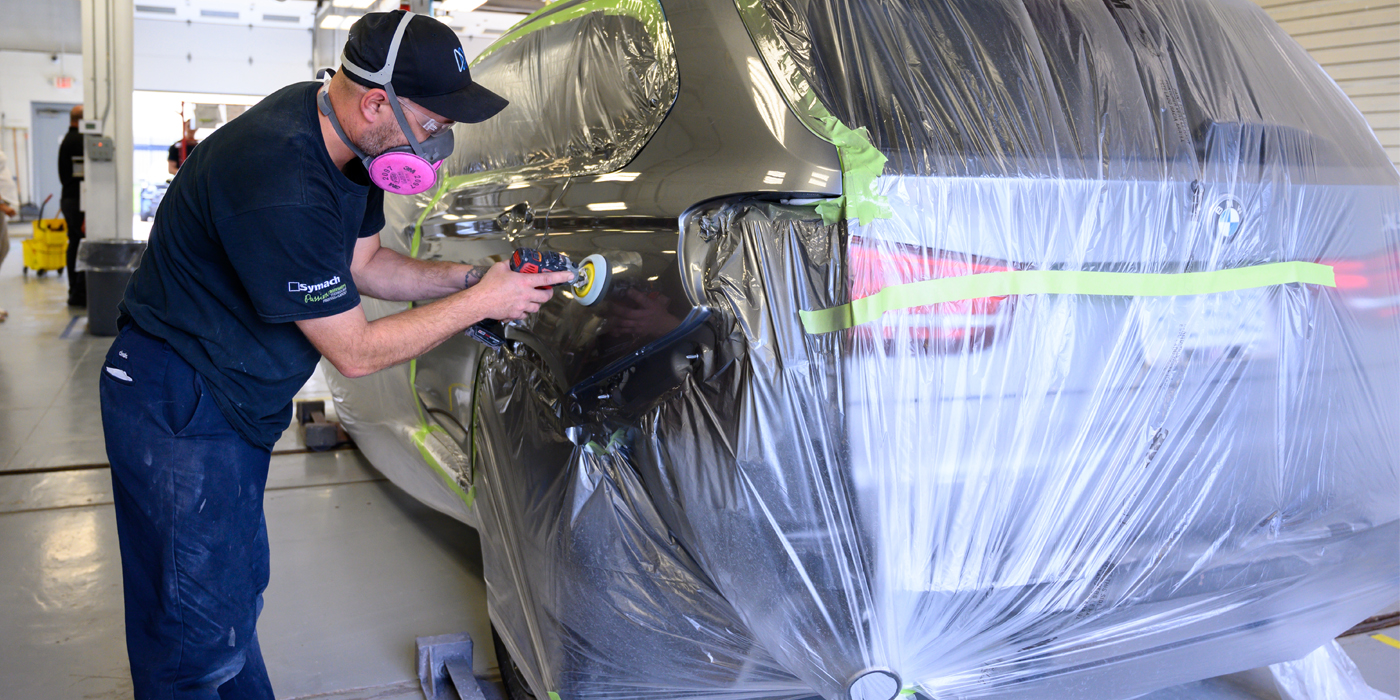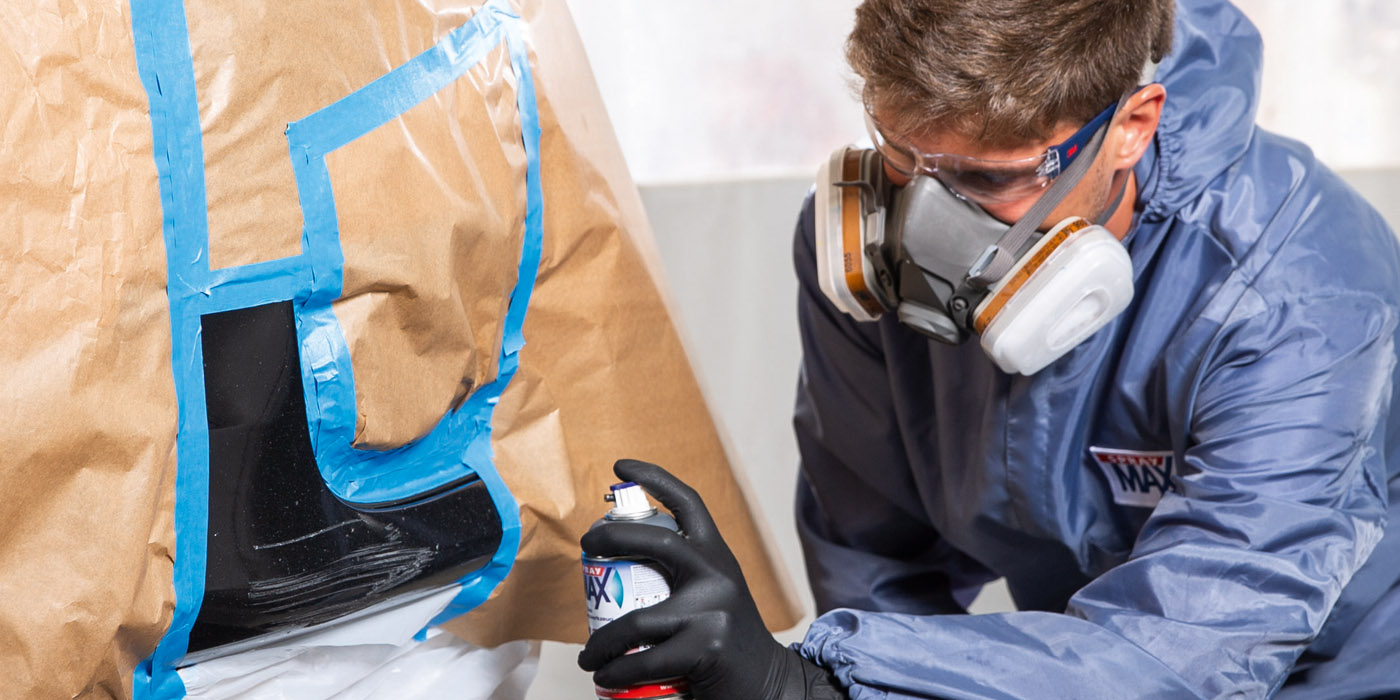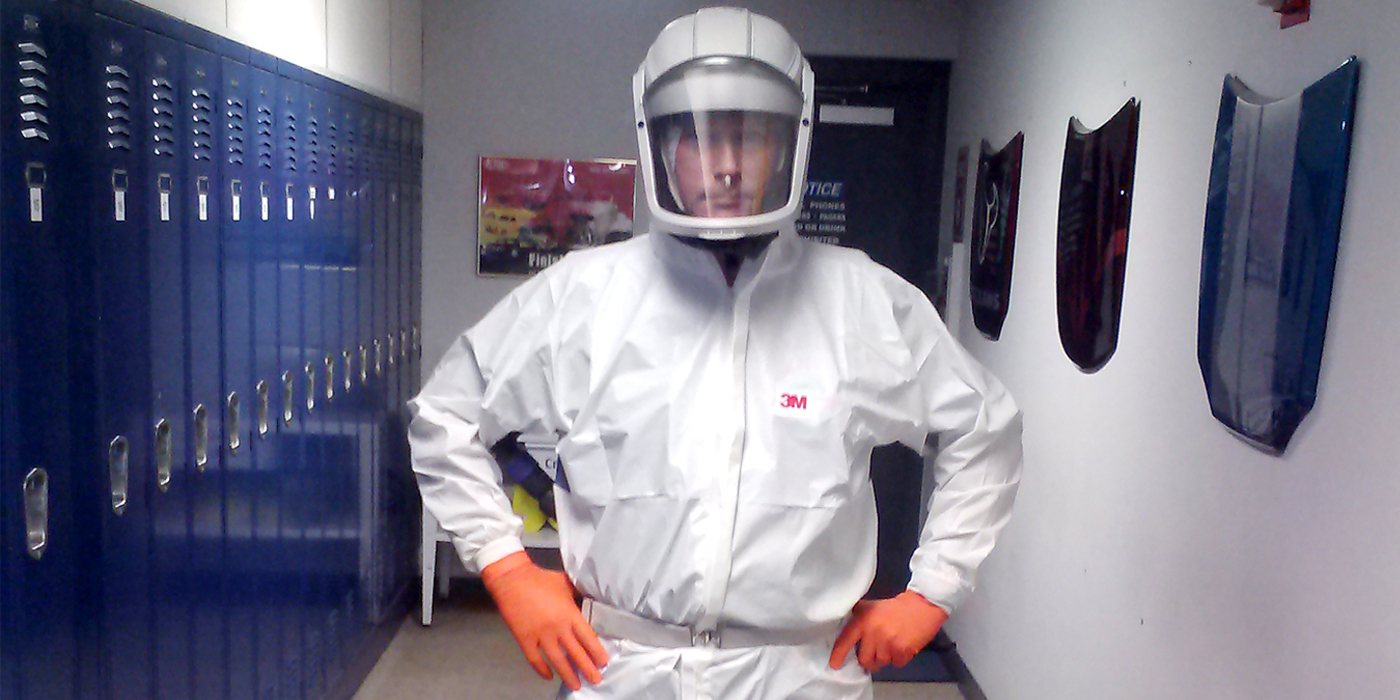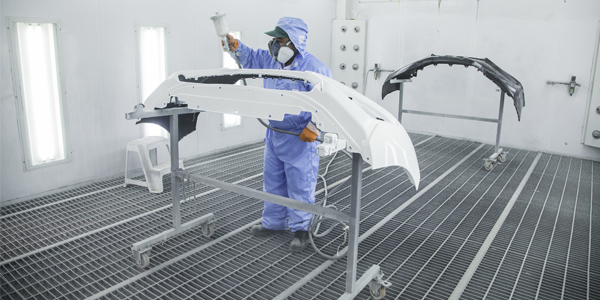Would we be willing to drag our feet if our hearts weren’t pumping properly? Would we ignore problems with our health? Would we pretend we were perfectly healthy because we didn’t want to fork over the co-pay for a visit to the doctor? (Don’t get me started on the healthcare industry). Would we put off treatment until next month, telling ourselves that we’ll have the money then?
My guess is that the answer to all these questions is a resounding “No!” We understand and acknowledge the importance of our heart functioning like it was designed to. We would do anything we could to make sure this essential piece of “equipment” continued to support our entire body. If we neglected to care for it for too long, we could count on a trip to the urgent care office or dialing 911 as fast as possible when it finally gave out.
Tick Tick
Much like the heart supports the entire body, the air compressor supports the entire body shop.
Let’s take a minute to think about just how important the air compressor is to the shop. One thing’s for sure: We can’t be very productive without it. Without steady workflow through your shop, you don’t have a prayer of implementing lean processes, streamlining estimates, going green or achieving any acceptable level of customer satisfaction.
We all know better, but unfortunately the air compressor is often the easiest piece of equipment to ignore. It’s usually hidden in a room at the back of the shop – out of sight and out of mind. We don’t give it the proper attention unless it affects our daily routine. It’s not like the walls of the paint booth we can see need to be cleaned, the paint booth filters we can see need to be changed or the floor we notice needs to be swept.
As long as the compressor starts up in the morning, we let proper maintenance fall to the wayside due to the craziness of running our business. We’re busy with morning production meetings with the technicians, writing estimates, updating the production board, making status phone calls to our customers and uploading photos and estimates to our insurance partners. The problem is that the commitments we regularly make are primarily linked to our air compressors’ ability to continue to provide enough clean, dry air for our shops to function at an optimal pace.
For example, we told the insurance company the estimate was a three-day repair. Have you ever had an uncomfortable conversation about cycle time? We told Mrs. Johnson that her vehicle would be done this Friday. We told our technicians we had plenty of hours for them to turn this week. We told the glass installer that the truck would be ready for the windshield installation tomorrow morning. We told the rental car company that its vehicle would be returned today. You get the idea, right?
Do you still think taking care of the air compressor is a headache? Maybe thinking about the headaches that will be created if you don’t take care of it will change your perspective. Not taking care of the air compressor means none of your commitments will get fulfilled. We would have to explain to customers and business partners that we can’t live up to our word. In an industry where reputation is everything, we can’t afford to not live up to our word.
Neglect Leads to Regret
Let me share a true story about a busy dealership collision center that didn’t think it could afford to spend money on preventative maintenance for its air compressor. I’ll withhold the names of the guilty person to avoid embarrassing and ridiculing him.
The manager had consciously made the decision not to spend the money for any compressor maintenance for awhile, and lo and behold, the compressor gave up. It was an older unit but would have lived a lot longer if it had been taken care of.
At that point, out of necessity, he contacted a service company to repair it. The diagnosis was that it would be more cost effective to purchase a new piece of equipment than try to repair the existing one. So then the question arises, “How can you afford not to spend money on preventative maintenance?” He unnecessarily put himself in a position that none of us want to be in – the position where we’re forced to buy a new piece of equipment now, without planning and preparing for it.
Start a Program
So we need to get down to business. Although technology is great, air compressors are still not going to service themselves. We need to get serious about our air compressor maintenance program or our business won’t be as successful as we would like it to be.
Here are two suggestions:
1) Find a reputable company that will service the compressor (and other shop equipment). Many service companies will document what services are needed and when we need to have them done.
2) Take this responsibility head-on by delegating it to someone within the shop who will take it seriously. This person could be the production manager or the detailer or someone else you can train to do this. Don’t ignore the detailer – I’ve known many very successful collision center managers who once were detailers and worked their way up the ladder.
General Info
Now for some general information we all need to know. Generally, compressed air will contain one or more of the following:
• Water droplets
• Water vapor
• Carbon particles from decomposed compressor oils
• Oil vapors and fumes
• Oil droplets
Needless to say, these are all things that are not conducive to the collision center atmosphere.
With this in mind, there are many different brands and types of compressors, but all manufacturers agree that spending a few minutes in the compressor room will reduce performance problems. A maintenance program should start with the following:
• Listen for any leaks. A “hissing” sound could be a sign of a problem.
• Check the pressure gauge for sufficient pressure.
• Make sure the dryers and drains are operational.
• Check the condition and oil level as suggested by the manufacturer.
• Drain and change the oil every six months or as suggested by the manufacturer.
• If you have a refrigerated dryer or a water-cooler, clean the “fin-looking” surface on the compressor weekly.
• Draining the main storage tank, the dryers and each point-of-use filter each day will lengthen tool life and generate much less time sanding and polishing paint work.
Experts Need Not Apply
In summary, you don’t have to be an expert on air compressors to know they need maintenance. You only have to come to the realization that you’re doing the shop as a whole a huge disservice if this vital piece of equipment is neglected.
Don’t look the other way the next time you walk past your compressor. It cannot and will not continue to do its job without your help. If you wait until it screams for help or shuts down completely, calling 911 may not save it. It needs routine preventative maintenance to be the heartbeat of the shop for a long time to come.
| Maintenance Saves Money |
| A shop can’t run at peak efficiency without its compressor performing at peak efficiency. If not cared for, the air quality in the shop can hurt the bottom line. Yes, it will cost you money to not maintain your equipment. Some of the problems that can occur during the painting process are dust inclusion, crater (fish eyes), solvent pops, blistering and orange peel. If you’re experiencing any of these issues, someone is spending time correcting it prior to delivery to your customer. For example, if your employees spend even 30 minutes per vehicle correcting problems, it’s costing you money. That’s not to say you shouldn’t have to spend some time sanding and polishing an imperfection, but it can be reduced. If sand and polish time is reduced by 10 minutes per vehicle, the bottom line will benefit: • 10 minutes x 4 vehicles per day = 40 minutes per day • 40 minutes per day x 21.67 average work days per month = 866.8 minutes or 14.4 hours per month • 14.4 hours per month x 12 months = 172.8 hours saved per year • 172.8 hours saved x $45.00 = $7,776 saved per year* *This calculation doesn’t consider the money saved from using less sand paper, buffing compound, polishing glaze, buffing pads, etc. |
Matt Heidick has been in the collision repair industry for almost 20 years, serving as a painter, shop manager, insurance adjuster and currently as a regional sales manager for AFC Sales and Service. He can be reached at (515) 210-0686 or [email protected].




